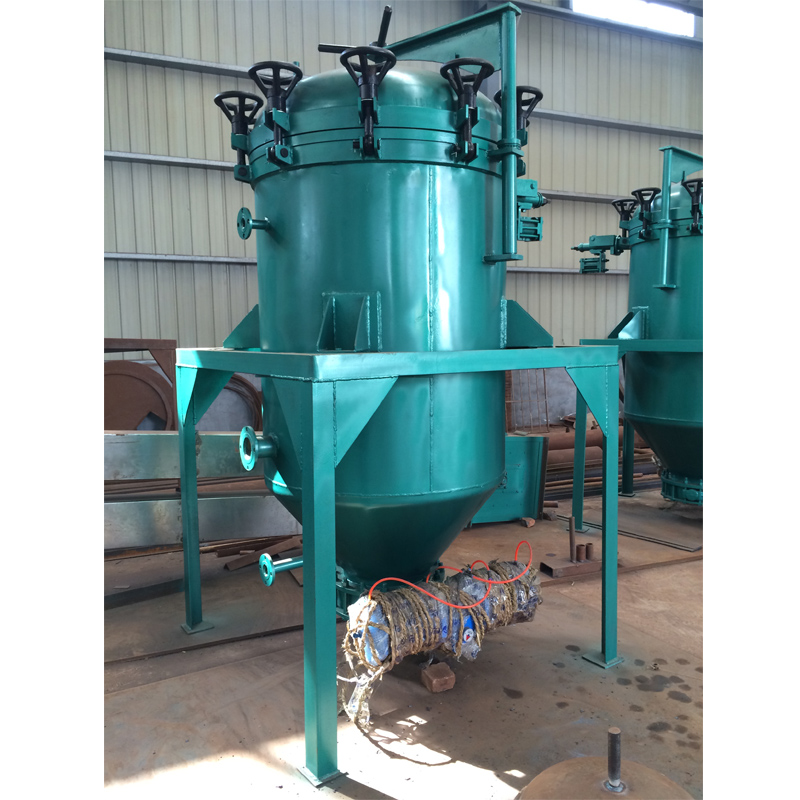Dec . 04, 2024 11:30 Back to list
Purchase Vegetable Oil Refinery Equipment for Efficient Production Solutions
A Comprehensive Guide to Buying a Vegetable Oil Refinery Plant
In today's fast-paced world, the demand for vegetable oils continues to skyrocket due to their versatility and essential role in numerous industries, from food production to cosmetics and biofuels. Investing in a vegetable oil refinery plant is a strategic move for entrepreneurs and businesses aiming to capitalize on this booming market. This article will guide you through the aspects of buying a vegetable oil refinery plant, including its significance, the different types available, key considerations, and procurement tips.
Understanding Vegetable Oil Refinery Plants
A vegetable oil refinery plant processes crude vegetable oils extracted from seeds and nuts, purifying them for consumption or industrial use. The refining process typically involves degumming, neutralizing, bleaching, and deodorizing, resulting in high-quality edible oils that meet regulatory standards. The global vegetable oil market is vast; therefore, entering this sector can lead to significant returns on investment.
Types of Vegetable Oil Refinery Plants
When considering the purchase of a vegetable oil refinery plant, it's essential to understand the various types available
1. Batch Refinery Plants This type operates in batches, allowing for flexibility in production. Suitable for small to medium-sized operations, batch refineries are ideal for businesses that handle multiple oils or require frequent product changes.
2. Continuous Refinery Plants These plants are suitable for large-scale operations. They provide a seamless process where oil is constantly fed into the system, ensuring high efficiency. Continuous refineries tend to be more automated and require significant upfront investment but are ideal for maintaining consistent quality and output.
3. Modular Refinery Plants These plants come as pre-assembled units that can be easily transported and installed. They are especially advantageous for businesses operating in regions with limited infrastructure.
Key Considerations When Buying
Before making a purchase, consider the following key factors
1. Production Capacity Determine the capacity you require based on your market demand, as this will influence the type of refinery you should buy. Knowing your daily or monthly production targets will help in selecting a plant that can meet your needs.
buy vegetable oil refinery plant

2. Quality Standards Ensure that the refinery plant meets local and international quality standards. Investing in technologically advanced machinery enhances the quality of the refined oil, ultimately leading to better market acceptance.
3. Technology and Efficiency Opt for modern refining technology that maximizes efficiency while minimizing waste and energy consumption. This not only reduces operational costs but also lessens the environmental impact.
4. Supplier Reputation Research and select reputable suppliers or manufacturers with a proven track record in the industry. Look for reviews, testimonials, and case studies to gauge their reliability and after-sales support.
5. Location The plant’s location is crucial for logistics and supply chain management. Choose a site that is easily accessible for raw materials and distribution, ensuring smooth operational flow.
6. Cost and Financing Evaluate the total cost of ownership, which includes purchase price, installation, training, and maintenance. Look into financing options available, as they can offer significant relief for upfront costs.
Tips for Procurement
1. Conduct thorough research Before deciding on a supplier, compare different manufacturers and their offerings.
2. Visit existing refineries If possible, visit operating plants to understand their functionality and gather insights firsthand.
3. Ask for demonstrators Request product demonstrations to assess performance and suitability for your specific needs.
4. Get warranties and service agreements Ensure that the supplier offers comprehensive warranties and service agreements as part of the purchase.
Conclusion
Investing in a vegetable oil refinery plant can prove to be a rewarding venture, provided you conduct comprehensive research and carefully consider your options. By understanding the types of refineries available, the key factors to consider, and following strategic procurement tips, you'll position yourself for success in the growing vegetable oil market. Whether you're an established business looking to expand or a newcomer aiming to make your mark, the right refinery plant can create a pathway to lucrative opportunities in the industry.
-
Efficient Black Seed Oil Expeller & Multi-Seed Oil Press
NewsAug.19,2025
-
HP 120 Model Cold Oil Press-Hebei Huipin Machinery|Energy Efficiency, Multi-Functionality
NewsAug.18,2025
-
HP 120 Model Cold Oil Press-Hebei Huipin Machinery|Oil Extraction, Multi-Functional
NewsAug.18,2025
-
HP 120 Cold Oil Press - Hebei Huipin | Automation & Efficiency
NewsAug.18,2025
-
Safflower Oil Press Service: Efficient & Quality Extraction
NewsAug.18,2025
-
HP 120 Cold Oil Press-Hebei Huipin Machinery|Oil Extraction, High Efficiency
NewsAug.17,2025
